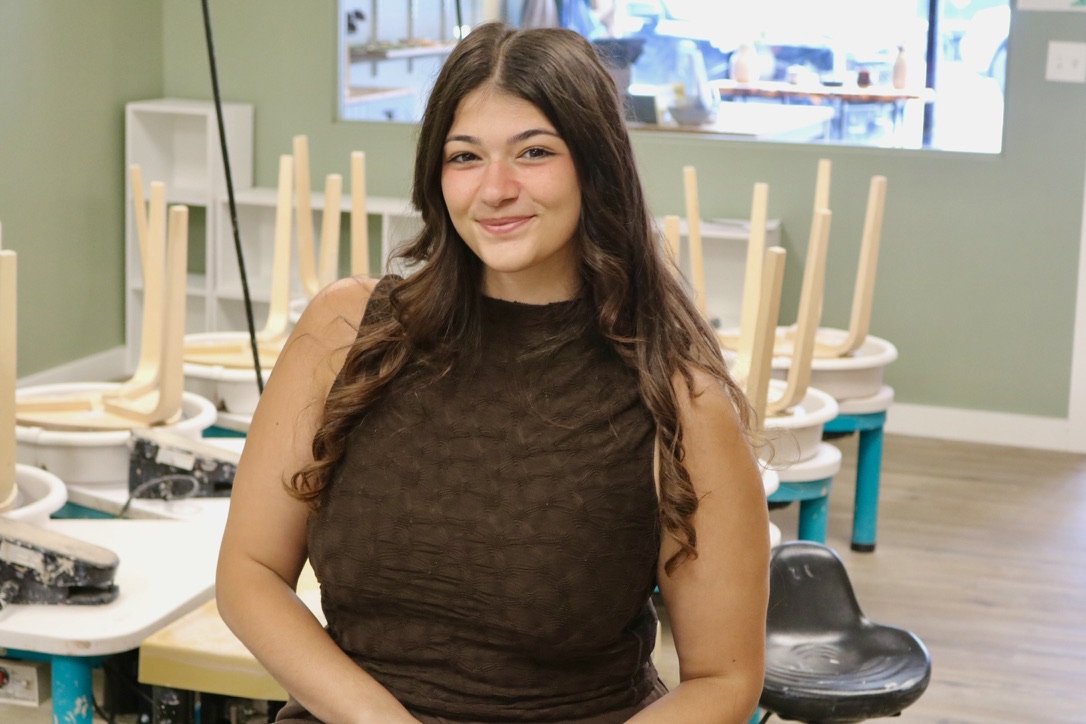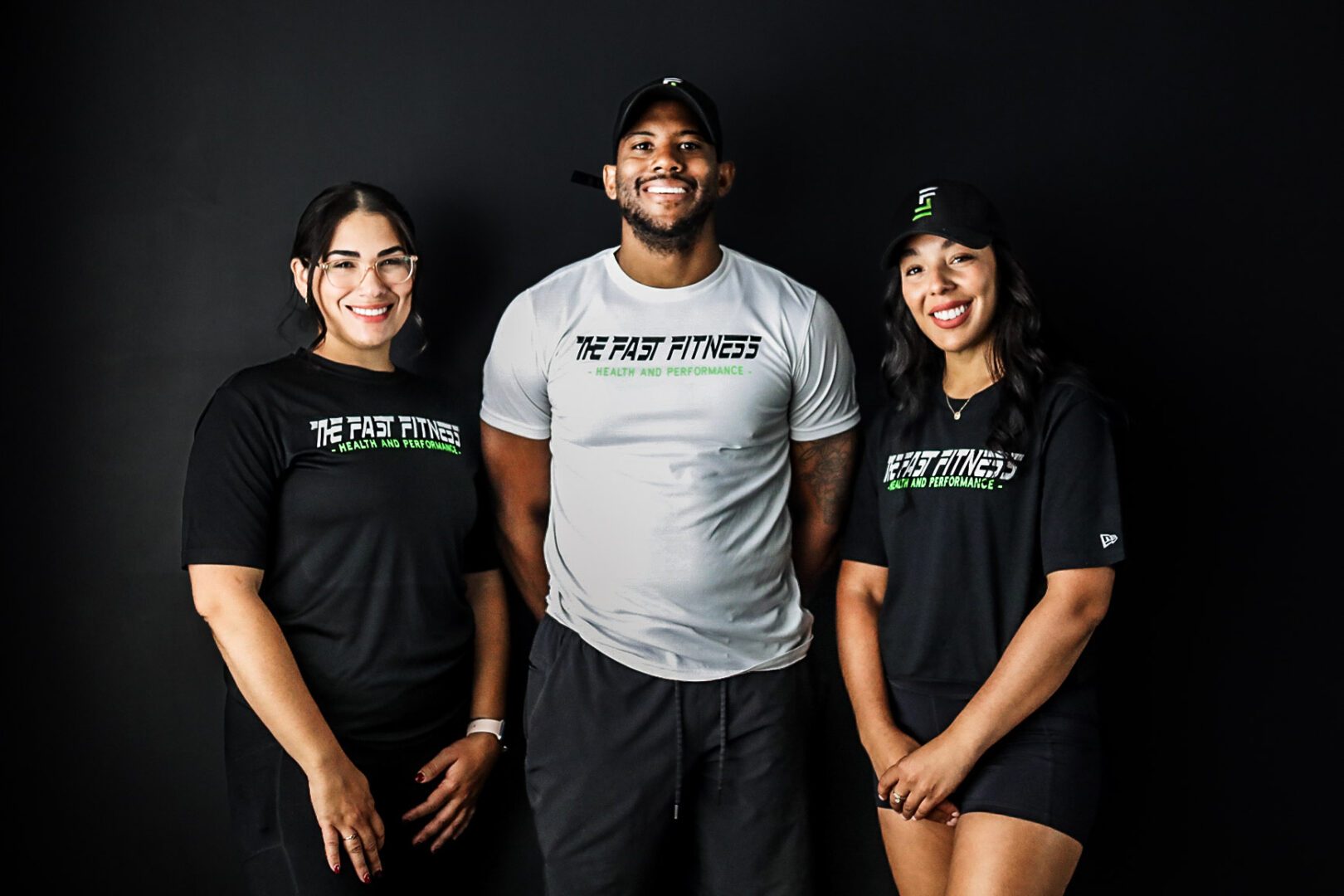We caught up with the brilliant and insightful Dr. Christine Streeter a few weeks ago and have shared our conversation below.
Dr. Christine, so great to be with you and I think a lot of folks are going to benefit from hearing your story and lessons and wisdom. Imposter Syndrome is something that we know how words to describe, but it’s something that has held people back forever and so we’re really interested to hear about your story and how you overcame imposter syndrome.
Honestly, I’m not sure I’ve “overcome” imposter syndrome as much as I’ve learned how to walk alongside it.
For a long time, I thought confidence would come after I accomplished a certain goal, getting into grad school, finishing my PhD, becoming a mom, landing a job. But with each milestone, the voice of doubt didn’t disappear. It just shapeshifted. When I started teaching university courses, I worried I wasn’t academic enough. When I got pregnant during my PhD, I worried I wasn’t committed enough. When I defended my dissertation while 31 weeks pregnant, I felt strong—but also scared someone would say I didn’t belong.
It wasn’t until I began sharing honestly, on Instagram, in conversations with students, with other moms, that something shifted. I stopped trying to fix or hide the parts of myself I thought were too soft, too emotional, too uncertain. Instead, I started weaving them into my work.
Imposter syndrome thrives in silence and perfectionism. But when I began to speak from where I actually was, not where I thought I should be, I felt less alone. That’s where Scholar Culture started to evolve: not just as a platform about productivity or academic life, but as a place to remind ourselves that our emotions, our work, our messy, real lives, are part of what makes us powerful.
I’ve learned that imposter syndrome doesn’t mean you don’t belong. It often means you’re standing at the edge of something important. So now, when it shows up, I pause. I breathe. I remember: I’m not here to perform perfection. I’m here to live and share a full, feeling life. And I think a lot of us are craving that kind of honesty.

Let’s take a small detour – maybe you can share a bit about yourself before we dive back into some of the other questions we had for you?
I’m the creator behind Scholar Culture (SC), a space that began as a quiet blog during grad school and has grown into something much deeper. At its heart, SC is about redefining productivity and success through the lens of emotion, care, and real life. It’s a home for people who are ambitious but also deeply human, those of us navigating the demands of academic or creative work while also caregiving, healing, dreaming, and feeling everything along the way.
I hold a PhD in Social Work and Political Economy, and my research has always centered on care: who gives it, who gets it, who’s left holding it all together and the conditions of all this “work”. Scholar Culture became the place where I could bring that research to life, not through footnotes and jargon, but through honest reflection, accessible writing, and community.
What feels most exciting to me right now is the shift happening within SC. I’m in a season of grounding and expansion. I’ve come through the fire of finishing my doctorate, having my second baby, and navigating the major life transitions that come with both.
I’m especially drawn to the ways emotions can be a superpower in our work and our lives. Scholar Culture is evolving into a space where we don’t hustle in spite of our feelings, we listen to them, and let them lead. Right now, I’m in creation mode, developing content that speaks to this next chapter. Weekly reflections, visual storytelling, and maybe something longer-term are all brewing. I’m not rushing it. Instead, I’m letting it unfold the way most good things do: with deep presence and trust in the process.

Looking back, what do you think were the three qualities, skills, or areas of knowledge that were most impactful in your journey? What advice do you have for folks who are early in their journey in terms of how they can best develop or improve on these?
The three most impactful qualities in my journey have been: self-trust, a love of learning, and the ability to reframe.
1. Self-trust
When you’re pursuing a PhD you’re going to be met with noise: advice, opinions, expectations and people who haven’t been through the process. Learning to listen to my own gut, even when it went against the grain, has been essential. Self-trust doesn’t mean you always know what you’re doing, it means you’re willing to stay in the process, even when it’s unclear. This doesn’t mean not having people close to you to turn to for advice, rather, listening and then making your own decision and trusting in it.
2. A love of learning
I’ve always been someone who loved a highlighter, a fresh notebook, and a good structure. But over time, I’ve learned to separate performing learning from being in learning. For me, learning now looks like curiosity over perfection, letting myself be a beginner again and again. Whether it’s researching the care economy or figuring out how to build a life that feels good as a mother of two, that love of learning keeps me open. My advice? Don’t wait until you’re “ready” to begin. Start messy. Start curious. Let the process teach you as you go – that is the beauty of learning!
3. The ability to reframe
This one has saved me, especially during hard seasons. Whether it was academic rejection or postpartum exhaustion, I’ve had to reframe failure, slowness, and uncertainty as part of the path rather than proof I was off track. Reframing is a skill: it takes practice, and sometimes it takes a friend or therapist or mentor helping you see things differently. But it’s what allows you to keep going with compassion rather than criticism.
If you’re just starting out, know this: you don’t have to figure it all out today. Focus on tuning in, being kind to yourself, and trusting that your pace is still progress.

Awesome, really appreciate you opening up with us today and before we close maybe you can share a book recommendation with us. Has there been a book that’s been impactful in your growth and development?
It is impossible to choose just one book but one that is worthy of mention here is Bird by Bird by Anne Lamott and has been one of those books I return to again and again, especially in moments where I’m overwhelmed or tangled up in perfectionism.
It’s technically a book about writing, but really, it’s a book about being human. About showing up to the page, to your life, to your work, even when it feels messy, uncertain, or not “ready.” One of my favorite lines is when Lamott describes how you don’t need to see the whole path ahead, you only need to see as far as the headlights or street lights will take you. That’s how I’ve built everything: one small step at a time, often in the dark, often unsure. But just far enough to take the next step. That idea has carried me through writing my dissertation, parenting two young kids, and growing Scholar Culture into something that feels true.
One of the most freeing lessons from the book is the permission to write “shitty first drafts.” That reminder that it’s okay, necessary, even, to begin imperfectly. For someone like me, who loves structure and gets easily caught in the loop of wanting to get it right the first time, that idea helped me exhale. It reminded me that clarity comes from action, not overthinking. That you don’t need to know the whole picture before you begin, you just need to take the next step, the next sentence, the next breath.
Contact Info:
- Website: https://www.scholarculture.com
- Instagram: @scholarculture
- Facebook: https://www.facebook.com/ScholarCulture/

so if you or someone you know deserves recognition please let us know here.




